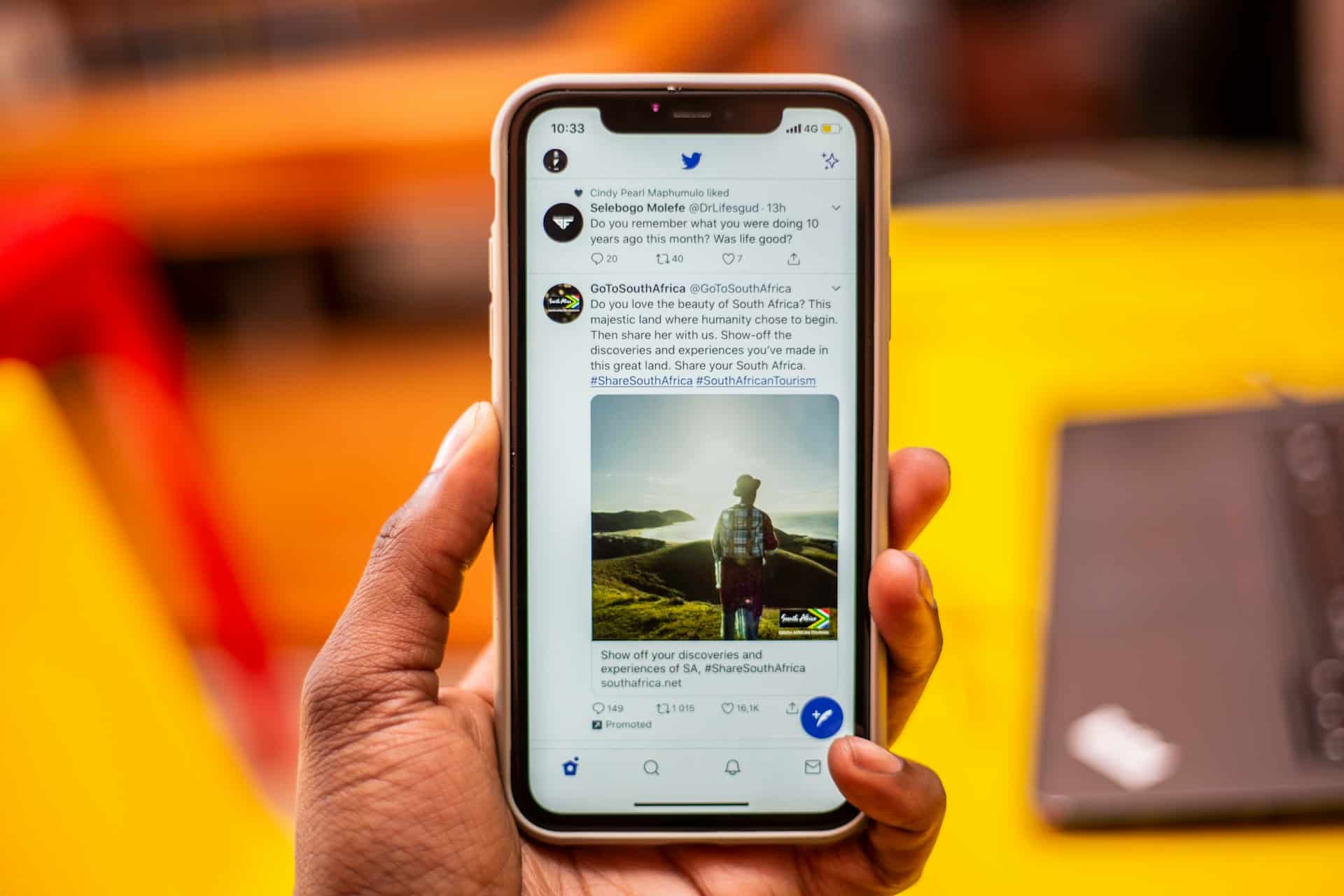How Can UK Mental Health NGOs Use Social Media to Raise Awareness and Reduce Stigma?

In today's digital age, we are witnessing an incredible surge of internet users. With the rapid expansion of the online world through various platforms like Google, Facebook, Twitter, Instagram, and so on, social media has undeniably become a significant part of our lives. Given its reach and influence, these platforms are becoming more and more powerful tools for NGOs to spread awareness on critical issues. One such issue which needs immediate attention and understanding is mental health.
In this article, we will focus on how mental health NGOs in the UK, can leverage social media to raise awareness about mental health issues, reduce stigma and discrimination, and provide support and help to those in need. We will also explore the role of popular platforms like Google and Pubmed, strategies adopted by different universities and community groups, and the impact of various campaigns and services.
Cela peut vous intéresser : What Are the Essential Features for Building a Secure UK Telemedicine Platform?
The Power and Reach of Social Media
It's no secret that a large proportion of people today, are active on social media platforms. Whether it's for personal use, academic research, or professional networking, social media has become a central place for communication, information sharing, and engagement. Thus, it can play a crucial role in spreading awareness about mental health issues.
SEO strategies can be employed by NGOs to make their content more visible on platform like Google. Using specific keywords related to mental health can increase the probability of their content appearing in people's search results, thereby reaching a larger audience. With its expansive database of scholarly articles and studies, platforms like Pubmed can provide valuable information on mental health that NGOs can share with their followers.
A découvrir également : What Strategies Can UK-Based Charities Use to Enhance Donor Retention?
Educating and Raising Awareness
Education is a potent tool in combating stigma, and social media provides a platform to educate the public about mental health. A study by the University of Manchester found that misinformation and lack of understanding contribute significantly to the stigma surrounding mental health. As such, NGOs can focus on delivering accurate and easily digestible information to their followers.
Using engaging infographics, short videos, or simple text posts, NGOs can explain different mental health conditions, their symptoms, and possible treatments. This not only helps in raising awareness among people who may not be experiencing any mental health issues but also provides support and help to those who might be struggling, making them realize that they're not alone.
Reducing Stigma and Discrimination
Stigma often leads to discrimination and social exclusion, further exacerbating the mental health issues of individuals. By sharing personal stories and experiences, NGOs can humanize mental health conditions, showing that they affect ordinary people, just like physical health conditions.
NGOs can encourage individuals to share their own experiences, creating a sense of community and belonging. They can also host live chats or Q&As with mental health professionals, allowing people to ask questions and clear any misconceptions they may have. This can go a long way in reducing stigma and fostering a supportive environment.
Promoting Mental Health Services
Social media can also be a platform for NGOs to promote their services and provide avenues for help and support. For instance, they can share information about their counselling services, support groups, helplines, and other resources that people can access.
By partnering with universities, NGOs can reach out to students who may be experiencing mental health problems. They can also collaborate with other community groups and organizations to organize events or campaigns focusing on mental health, further increasing their reach and impact.
Implementing Effective Social Media Strategies
While social media provides numerous opportunities for NGOs, it's also vital to implement effective strategies to optimize their outreach. Regular posting, engaging with followers, and using relevant hashtags can increase visibility and engagement.
Also, being mindful of the content shared is essential. Content should be respectful, sensitive, and not trigger those who may be struggling. Finally, monitoring and analyzing the performance of their social media campaigns can help NGOs in refining their strategies and making them more effective.
While there's still a long way to go in completely eliminating the stigma surrounding mental health, social media provides a promising platform for NGOs in the UK and beyond to raise awareness, provide support, and create a more understanding and accepting society.
Utilising Google Scholar and PubMed for Mental Health Awareness
With the growing impact of technology in every sector, it is essential for NGOs to harness the power of digital platforms like Google Scholar and PubMed. Google Scholar, a freely accessible web search engine, indexes the full text or metadata of scholarly literature across various formats and disciplines. NGOs can leverage this platform in two ways. Firstly, to find relevant, peer-reviewed articles and studies on mental health for their own research and understanding. Secondly, to share pertinent articles on their social media platforms, thereby providing accurate and authoritative information to their followers.
PubMed, on the other hand, is a free resource that provides access to Medline, a database of citations and abstracts in the fields of medicine, nursing, dentistry, veterinary medicine, healthcare systems, and preclinical sciences. It is a valuable asset for NGOs as it offers in-depth studies and articles on mental health, which can be used to educate the masses about various mental disorders and health conditions. NGOs can also explain complex medical terminologies and findings in simple language, making it easy for a layperson to understand. This approach can significantly contribute to stigma reduction and promote mental health awareness.
It is important to navigate these platforms carefully, ensuring the information disseminated is both credible and relevant. While using these platforms, NGOs must bear in mind that the information should be tailored to their audience's understanding level and should not inadvertently feed into the existing misinformation or misconceptions about mental health.
Using Body Image as a Tool for Mental Health Awareness
Body image and mental health are closely linked. Negative body image can lead to various mental health conditions like depression, anxiety, and eating disorders. In contrast, mental health conditions can also lead to a distorted body image. This dual relationship between body image and mental health presents an opportunity for NGOs to raise awareness about these issues.
Social media, with its strong focus on visuals, can be an effective tool in tackling body image issues. NGOs can share real and diverse images of people, challenging the stereotypical and unrealistic beauty standards promoted by mainstream media. They can also share stories of people who have struggled with body image issues and overcame them, inspiring their followers and making them realize that it’s okay not to conform to society's unrealistic expectations.
Organisations can also host webinars or live sessions with professionals in the field of mental health and body image. Such sessions can provide a platform for followers to ask questions, share their experiences, and learn about healthy ways to perceive their bodies.
In conclusion, social media offers vast opportunities for NGOs to raise awareness about mental health and reduce stigma. By effectively using platforms like Google Scholar and PubMed, organisations can share credible information and debunk myths surrounding mental health conditions. Additionally, addressing body image issues and promoting body positivity can contribute to overall mental health awareness and acceptance. However, it's vital for NGOs to implement thoughtful and sensitive strategies, ensuring the content they share does not trigger or harm their audience. With careful planning and execution, social media can be a powerful tool in the fight against mental health stigma.
